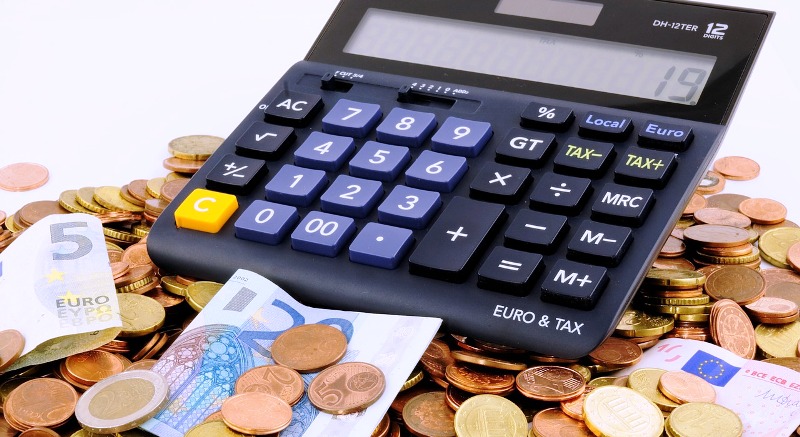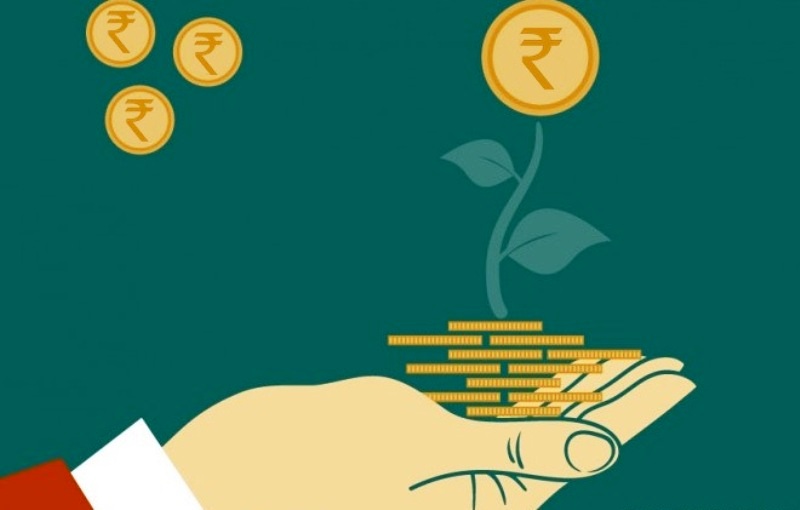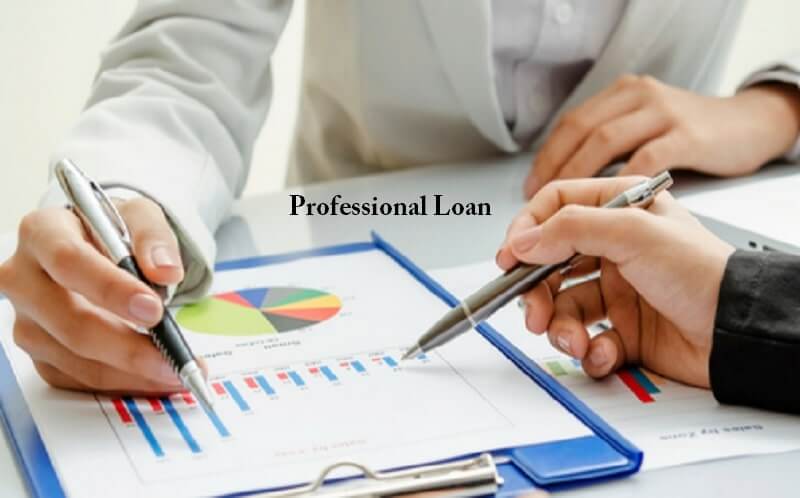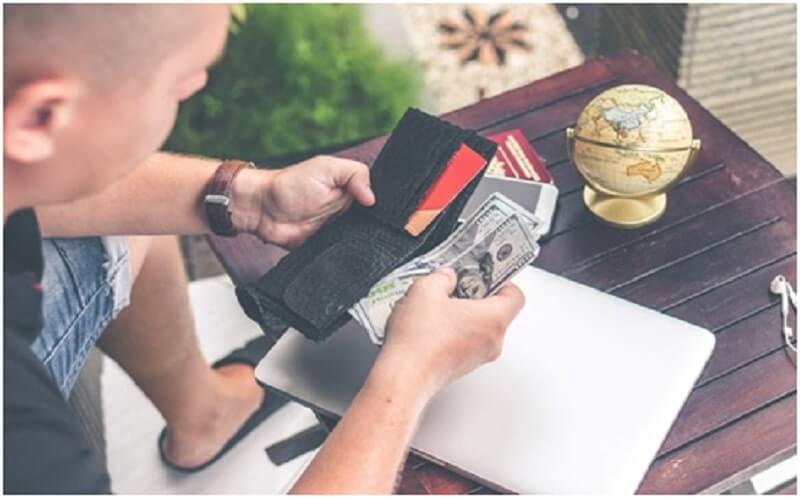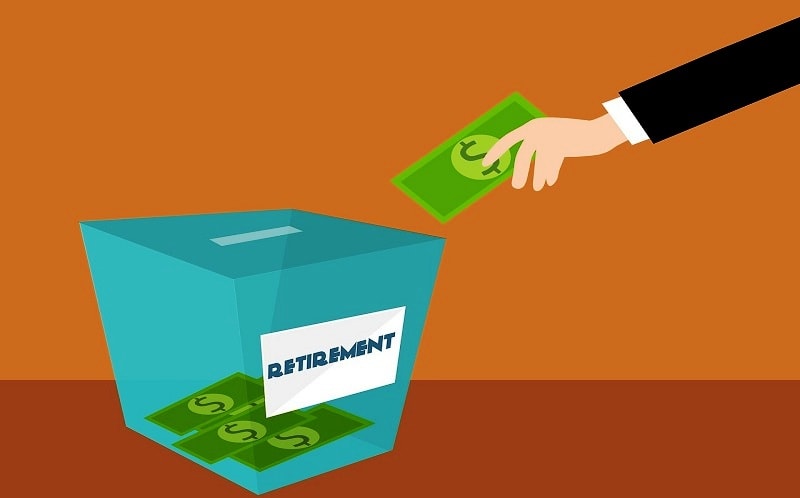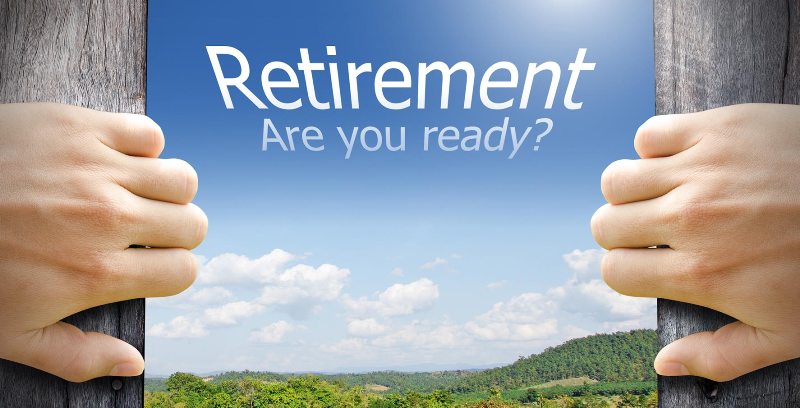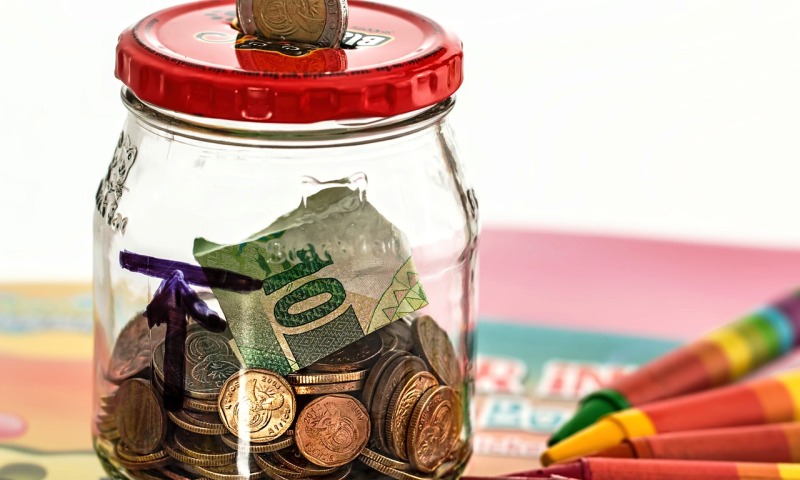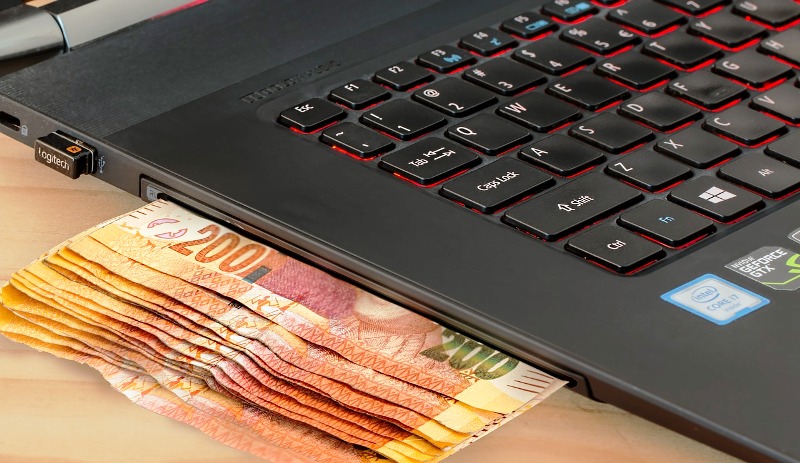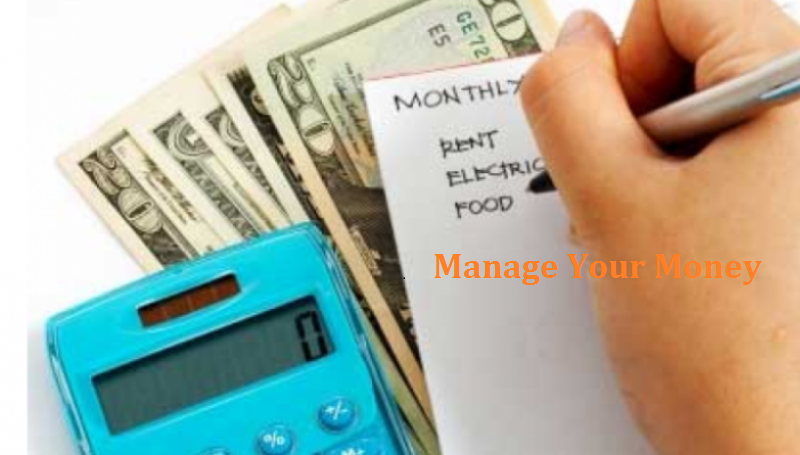Contemporary times are vastly different from the bygone era. It should be changed, for that is how we will know that we have advanced ourselves and our lives.
Many people regard this difference as a transformation for good, and then some opponents think otherwise.
We are looking at all that we have achieved in the past few decades. Most of the achievements have eased our way of life, some have had the opposite effect, and there are a few whose impact is under contention.
One such development has been that of the credit card. Some are grateful for its invention, and some get trapped in its vices.
Let us find out how.
Credit Card – Understanding its Purpose
Credit Card is a piece of plastic that helps an individual in making a purchase. This purchase could be anything, a phone, a refrigerator, or even the entire lipstick collection of Sephora.
You would think that all of this is possible with a debit card as well, then why the need for credit?
The answer is in the name. Credit implies a loan. It means with a card like this. You can buy a commodity without having the required money for the purchase. You will be receiving the credit from the bank and will pay it back later on, most likely in monthly instalments.
Since a debit card only allows you to make use of your bank balance, there was a need for this category of cards.
Credit cards are simply short term loans or maybe guaranteed for loans for the unemployed. More times than not, it is the latter.
Biting Off More than You Can Chew
Coming to the point of this blog, are credit cards making us spendthrifts? I think they are.
See if you know that your bank balance has only £1000, you will never buy something that is beyond that amount.
In such a scenario, you will only think about buying an iPhone worth almost £1200 if you have a credit card. Without this card, a person would never even think of purchasing the same.
The problem is not the purchase of a single phone. The actual problem starts when the purchases become limitless.
A common instance in many low-earning households goes as follows;
- A credit card is acquired for emergencies when the income for the month is used up, and the month still has 10 or so days to go.
- The emergencies become more frequent.
- People start buying things and commodities they would never otherwise.
- However, they forget that with every purchase, they are digging themselves a deeper hole of debt that has to be repaid.
- Even when they are making the repayments monthly, the super high-interest rate adds up the amount back to what it was before.
A consequence of this is the never-ending cycle of debt. The credit card bill seems like a death sentence to many and rightfully so.
In the UK alone, about 40% of households have an outstanding credit card bill, with the average debt amounting to approximately £3000.
All because the credit card dangles the forbidden fruits in front of the buyer and makes it possible for him to get it. So, he does.
How does One Combat the Viciousness?
Even though the Credit Card statement may seem like the end of your world, it need not be.
Some ways can help you to overcome debt like this.
Keep the Card under a lock
If you find yourself in a credit card debt, the first and foremost thing you should do is lock up your card in a place that will never see the light of the day and throw the key in the Atlantic Ocean.
It is essential because you have to stop using it. Making payments through the card when you have an outstanding debt will never allow you to become debt-free.
The enticement of the card needs to be taken away.
Make the Payments as High as Possible
A credit card usually has a high-interest rate. It means if you make repayments that are too small in value, the debt would never wane.
So, even if it is hard, you have to make substantial payments every month. If you have more than one card, you need to focus on repaying the one with the maximum interest valuation.
Live Frugally Until Then
Higher repayments will mean low income for you. Again this is not going to be accessible by any means, but you would have to do it.
Do not go out to movies every other night.
Try eating home-cooked meals often. They are more delicious, healthier, and pocket-friendly.
Don’t spend unnecessarily on new clothes, trust me, you have plenty of dresses, shoes, and bags.
When taking the thrifty route, remember, it is only until the debt is paid off. After the bill is repaid, you can be back to your old habits, just don’t overuse your card.
Consolidation of Debt
It is the last resort. If you think that you have too many credit cards and the extra interest payments are not something your financial state can handle, you can opt to consolidate your debt.
This way, all your different credit cards will be paid off, and you would be left with one loan that can be repaid quickly enough. Target Loans is a lender that can help you with that.
Winding Up
I won’t end by saying that credit cards are a great tool, invented just for our convenience. However, using it too much can be extremely detrimental to your financial health.
Think about it, would you like yourself to be so caught up in debt that you may need to take on more loans just to pay the previous one-off? Is this an ideal situation?
I think not. And that is why you have to be extremely careful with the use of a credit card. Moderating yourself and your credit card expenses is what will help you in avoiding the financial turmoil that can shake the foundation of your life.
A metaphor comes to my mind here. Salt is one food ingredient that, if consumed too much, will elevate your blood pressure like a rocket set for takeoff, and too little salt can make you face iodine deficiency. So, moderation is the only way to go about it.
The world today is costly. Credit cards provide a means to overcome the income disparity and buy want we want. Is that the wise choice to make?




